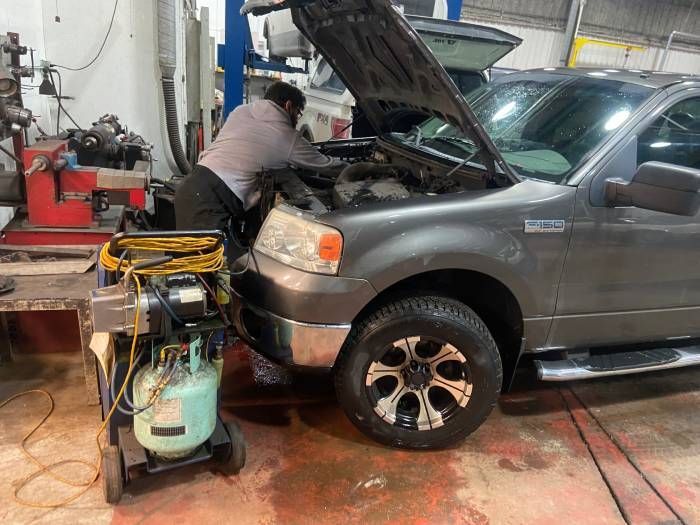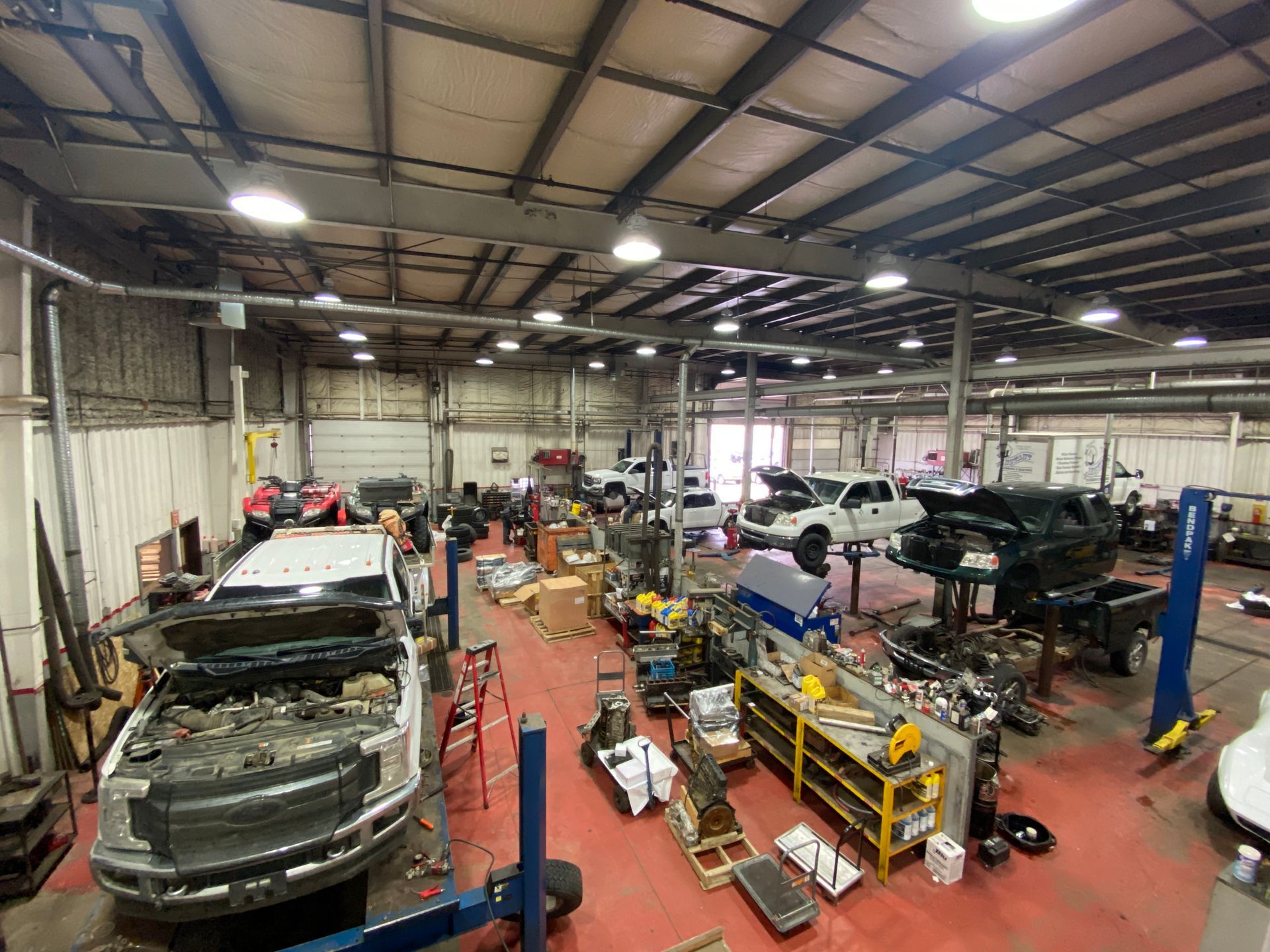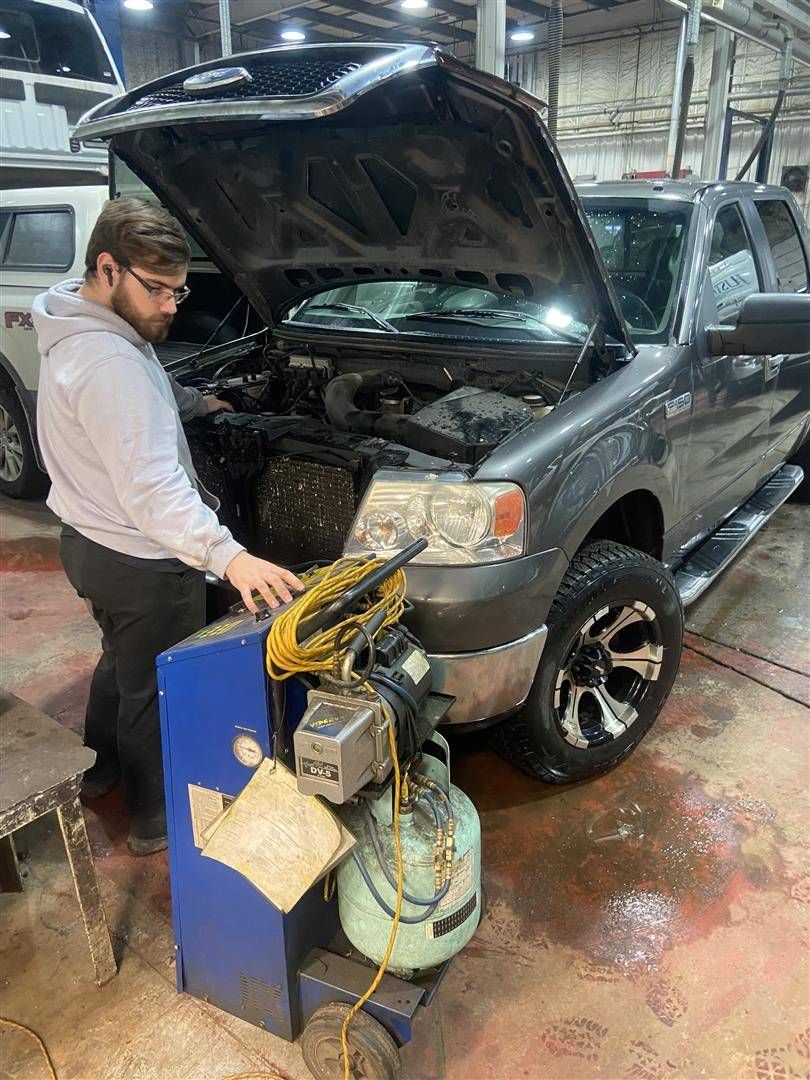When Should I Put My Winter Tires On?
Imagine you're driving along a snow-kissed road, the temperature dropping with each passing mile. This raises an important question: when should you put your winter tires on?
With winter's icy grip affecting road conditions, the timing of this switch is crucial. This guide will help you identify the optimal time to swap your tires, understanding the cues from the weather and nature.
You'll also gain insights into why winter tires provide superior traction during the frosty months. We'll even delve into the legal requirements in some areas for winter tire use.
By the end, you'll be well-equipped to make your vehicle winter-ready, prioritizing your safety on the road.
Understanding the Importance of Winter Tires
Understanding the importance of winter tires, it's crucial you're aware they aren't just a luxury, but a necessity for safe winter driving. These tires are specially designed with a tread pattern that expels snow and ice more efficiently than all-season tires. They're made of a flexible rubber compound that remains soft in colder temperatures, providing better traction.
As temperatures drop below 7°C, the effectiveness of winter tires increases significantly compared to other types. So, it's not just about snow; it's about temperature too. Remember, no matter how advanced your vehicle's anti-lock brakes or traction control systems are, they're reliant on your tire's grip.
Ideal Timing for Winter Tire Installation
Given the crucial role of winter tires in maintaining safe control over your vehicle, you might be wondering when the best time is to put them on. It's not simply about the arrival of the first snowfall.
Indeed, the optimal moment is dictated by temperature. As a rule of thumb, you should install winter tires when the average daily temperature drops to 7°C or below. Why this specific temperature? Below 7°C, the rubber compounds in summer and all-season tires harden, diminishing their grip. Conversely, winter tires are designed to remain flexible in cold conditions, providing better traction.
Weather Conditions and Tire Switch
During the transition from fall to winter, you'll often encounter a mix of weather conditions, making it even more important to switch to winter tires for optimal safety and performance on the road. It's not just about snow, but also temperature. Winter tires are designed to perform best under 7°C (45°F).
Winter conditions that necessitate tire switch:
- Heavy snowfall: Winter tires have deeper treads, providing better traction.
- Freezing temperatures: Winter tires remain flexible in cold, unlike all-season tires which can harden.
Signs Your Vehicle Needs Winter Tires
Now, let's delve into the signs that your vehicle might be telling you it's time for winter tires.
If you're experiencing decreased traction, especially in snowy or icy conditions, it's a clear sign. You'll feel your vehicle sliding or notice it takes longer to stop.
Tire pressure is another indicator. Cold weather reduces tire pressure, affecting your car's performance and fuel efficiency.
Check your tire's tread depth too. If it's less than 2/32 of an inch, consider making the switch. The rubber compound in all-season tires hardens in cold temperatures, reducing grip. Winter tires, however, remain flexible, enhancing control.
Lastly, the '7-degree rule' applies. When temperatures consistently drop below 7°C, it's time to put on winter tires.
Maintenance Tips for Winter Tires
Regularly maintaining your winter tires is crucial to ensure they're always ready to handle the harsh winter conditions. Here are a few maintenance tips to keep your tires in top shape:
- **Regular Inspections**: Check your tires for wear and tear often. A few things to keep an eye out for include:
- Deep cuts or bulges in the tire sidewall. These can lead to serious issues like blowouts.
- Uneven tread wear. This is usually a sign that your tires aren't properly balanced or aligned.
- **Proper Storage**: When not in use, store your tires properly to prevent damage. Ensure:
- They're clean and dry before storing.
- They're stored in a cool, dark place, away from direct sunlight and chemicals.
If you’re looking for winter tires, want to determine how much life your tires have left, or are looking for any automotive repairs in Calgary. Give us a call at 403-235-2912 or send us an e-mail info@cetusautomotive.com.












